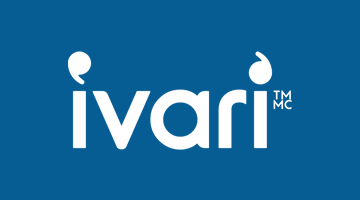Life Insurance For a Charity
Life Insurance For a Charity
Some people have a charity that are near and dear to their heart. If you want to leave funds to a charity upon your demise you have the option of obtaining life insurance for a charity (LIFC). Throughout their lives they may give a considerable amount of their time and money to specific charities. Such individuals may also want to continue giving to these particular charities even after they pass on.
Although this may sound somewhat peculiar, there are a number of people that take this particular route. These folks want to ensure that their special charities continue to receive the monies even after a person’s demise. While you may choose to leave monies to a charity via a will, LIFC is usually the best strategy. An individual can leave a specific amount of money for their charity without having to worry about the will being contested.
What is Life Insurance for a Charity?
LIFC sets up an insurance policy so that a charity is able to receive funds upon a person’s demise. In many ways, the charity is the beneficiary. However, there are circumstances where the policyholder can decide that the charity will be the policyholder. It is very important to understand that life insurance for a charity only becomes effective for payout when the policyholder passes away. This is an excellent way for them to be able to make sure that their favorite charities receive income even after their death. In order to keep the LIFC applicable and active, all premiums must be paid in full on a timely basis.
What is the Purpose of Life Insurance for a Charity?
As stated before, the main purpose of life insurance for a charity is to make sure that a charity is able to receive funds upon a person’s demise. Often times people that leave monies to charities usually do so because these charities are close to their heart. They have probably formed some type of relationship with the charity and they want to provide financial support after death. In other cases, a person may just simply decide they want life insurance for a charity because they want to give a specific amount to a particular charity upon death.
Individuals that choose to obtain LIFC have a number of ways of executing this type of policy. Some individuals choose to purchase a new policy where the charity becomes the policyholder. Then there are others that may decide to purchase the insurance policy under their name and then simply make the charity a beneficiary. There are also cases where individuals decide to make their estate the beneficiary and then a certain amount is set aside as a bequest to the charity in the will. Ultimately, the whole idea of LIFC is to provide a charity with monetary support after a person passes away. This is an excellent option for anyone that has developed a firm relationship with a charity.
How Individuals and Charities Benefit From These Policies?
It should be noted that with LIFC both the individuals and charities benefit greatly. Individuals that choose to obtain a LIFC benefit greatly through a number of tax benefits. The ways in which an individual receives the tax benefits from a LIFC depends on how the policy is executed. An individual can purchases an insurance policy and make the charity both the beneficiary and the policyholder. This way, any premiums that are paid on this particular life insurance policy are a tax-deductible donation.
An individual can decide to make the charity a beneficiary on a pre-existing life insurance policy. However, they will not be able to receive any tax benefits on the premiums paid out. As long as the policy has a cash surrender value, the charity can provide a tax receipt. This receipt is equal to the amount of the cash surrender value. Int this case, the individual will be able to claim a charitable donation credit.
Overall, obtaining life insurance for a charity is an excellent way to support causes that are near and dear to one’s heart after one passes away.













